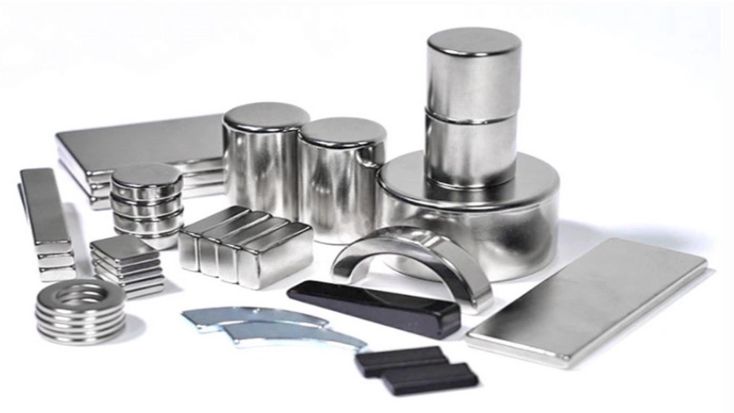Magnet is widely used in the fields of electronics, and automotive manufacturing. Among all the types of magnets available, Bonded magnets have become popular in recent times. They offer more benefits when compared to traditional sintered magnets and are used in motors, sensors, and also some medical devices. This article will discuss the topic of what Bonded Magnets are, how they are mad,e and why they are used so widely in modern technology.
What Are Bonded Magnets?
Bonded magnets are created by mixing magnetic powder with a bonding substance, such as resin or plastic. It is then shaped into different forms. Bonded magnets are produced by injection molding, compression bonding, or extrusion.
These magnets can be used to create intricate forms and specific applications. They also provide good mechanical strength and resistance to corrosion and are also suitable for use in various industries.
How Are Bonded Magnets Made?
The manufacturing processes for bonded magnets include several processes that have different benefits as follows:
- Injection Molding: Plastic and magnetic powder are mixed and injected into a mold. This enables using complex shapes and high production efficiency.
- Compression Bonding: In this, the magnetic powder along with the binding resin is pressed into a solid form. With this method, stronger magnets with higher magnetic performance are produced.
- Extrusion: In this process, magnetic material is mixed with a binder and forced through a shaped die. For making flexible magnetic strips, it is often used.
These processes produce magnets with different properties, and so they are suited for certain applications.
Advantages of Using Bonded Magnets
Bonded Magnets offer various advantages compared to sintered magnets. Those include-
- Machining flexibility: They can be molded into intricate shapes, minimizing the need of additional machining.
- Less Dense: The combination of magnetic powder and binder ensures that they are less dense than sintered magnets.
- Corrosion Resistance: Some bonded magnets do not need further coatings.
- More Efficient: Their manufacturing is more efficient, reducing the production costs.
- Smooth Motor Operation: As they can be precisely shaped, bonded magnets contribute to smoother motor operation with reduced Motor noise.
Applications of Bonded Magnets
Bonded magnets are used in numerous industries. Some of the basic applications include:
- Automotive Industry: It is used in electric power steering, ABS sensors, and hybrid vehicle components.
- Consumer Electronics: Speakers, hard drives, cooling fans, consumer electronics.
- Medical Devices: MRI machines, hearing aids.
- Industrial Motors: It helps to reduce motor noise in different forms of machinery and to improve efficiency.
- Aerospace: Used in navigation and communication systems.
Final Words
Bonded magnets are a vital commodity in many industries for providing flexibility, cost advantage, and design advantage. As a leader in the magnet industry, Magnequench uses advanced techniques to remove or reduce the possible electromagnetic cause of motor noise in a new or existing motor design. They help make more efficient and reliable motors operating for a broad range of applications through optimization of magnet performance.

